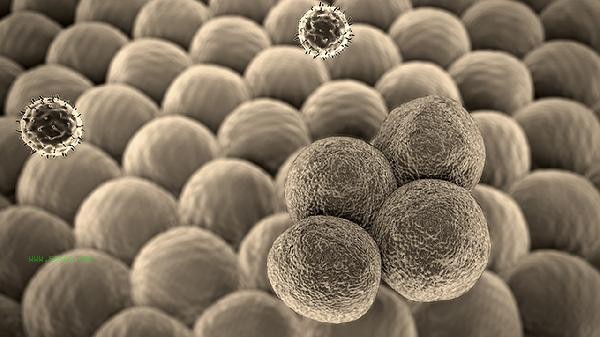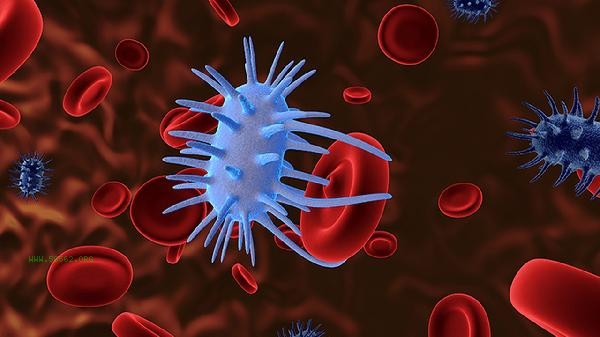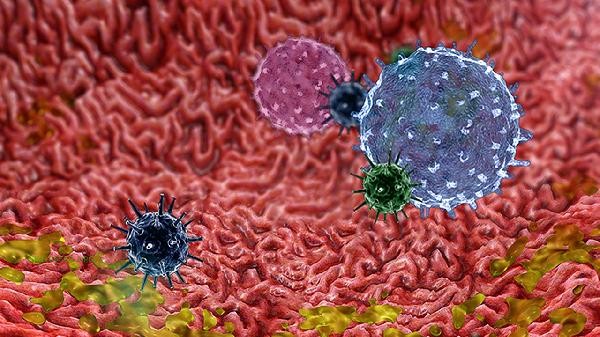A high eosinophil ratio may be caused by allergic reactions, parasitic infections, autoimmune diseases, drug reactions, hematological disorders, and other factors.
1. Allergic reactions:

Allergic rhinitis, asthma, urticaria and other diseases can stimulate the body to produce an immune response, leading to an increase in eosinophils. This type of condition is usually accompanied by skin itching, sneezing, or airway spasms. Allergen testing should be conducted to identify the cause, and antihistamines or corticosteroids should be used if necessary to control the inflammatory response.
2. Parasitic infection:
Intestinal parasitic infections such as roundworms and hookworms can activate Th2 type immune responses, promoting the aggregation of eosinophils in blood and tissues. Patients may experience abdominal pain, diarrhea, or malnutrition. Fecal egg detection and serum specific antibody testing can assist in diagnosis, and deworming treatment is a key intervention measure. 3. Autoimmune diseases: Diseases such as eosinophilic granulomatous vasculitis and systemic lupus erythematosus can cause abnormal elevation of eosinophils. This type of disease is often accompanied by fever, joint pain, or multiple organ damage, and requires diagnosis through tests such as anti nuclear antibody spectrum and vasculitis related antibodies. Immunosuppressants are the main treatment method.
4. Drug reactions:

Penicillin, cephalosporin antibiotics, or antiepileptic drugs may cause drug hypersensitivity reactions, leading to eosinophilia. Clinical manifestations include drug rash, lymph node enlargement, and in severe cases, visceral damage may occur. After discontinuation of medication, combined with anti allergic treatment, it can usually be relieved. 5. Hematological disorders: Chronic eosinophilic leukemia, myelodysplastic syndrome, and other hematological disorders can cause malignant proliferation of eosinophils. This type of disease may be accompanied by symptoms such as splenomegaly and night sweats, and needs to be diagnosed through bone marrow puncture and genetic testing. Targeted drugs or chemotherapy are the main treatment methods. When the eosinophil ratio is consistently high, it is recommended to complete specialized physical examinations such as allergen screening, parasite testing, and autoantibody testing. Daily exposure to known allergens should be avoided, dietary hygiene should be ensured, and drugs that may trigger allergies should be used with caution. Regular deworming and prevention measures can reduce the risk of infection for residents in parasitic endemic areas. If accompanied by warning symptoms such as weight loss and persistent fever, it is necessary to seek timely diagnosis from a hematology department for malignant hematological diseases. Reasonable exercise can help improve immune function, but it should be avoided that vigorous exercise can trigger allergic reactions such as asthma.










Comments (0)
Leave a Comment
No comments yet
Be the first to share your thoughts!